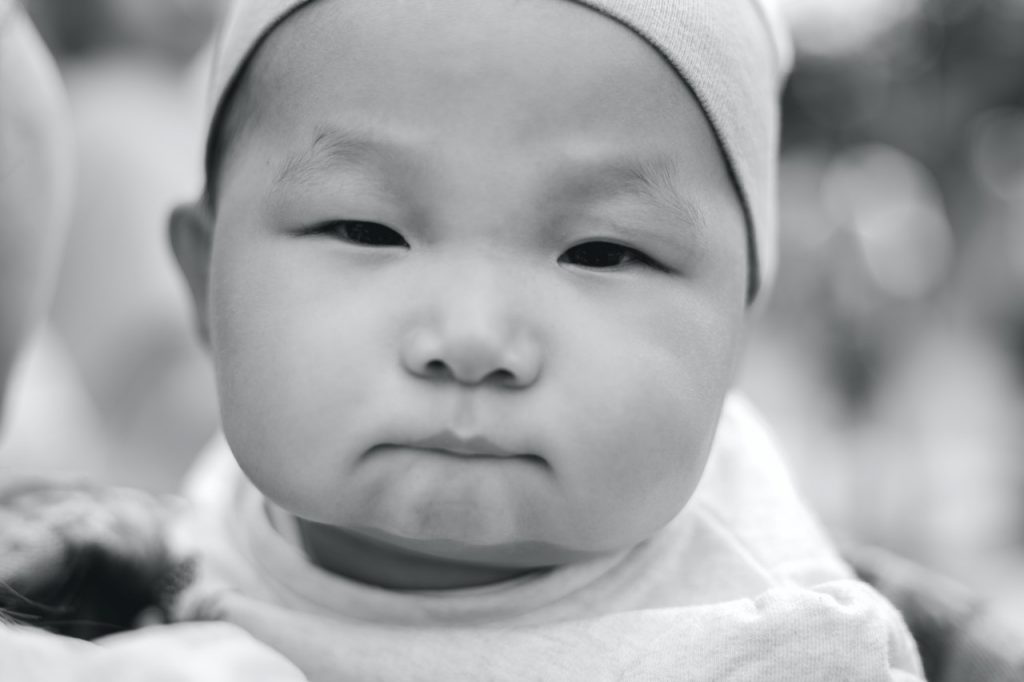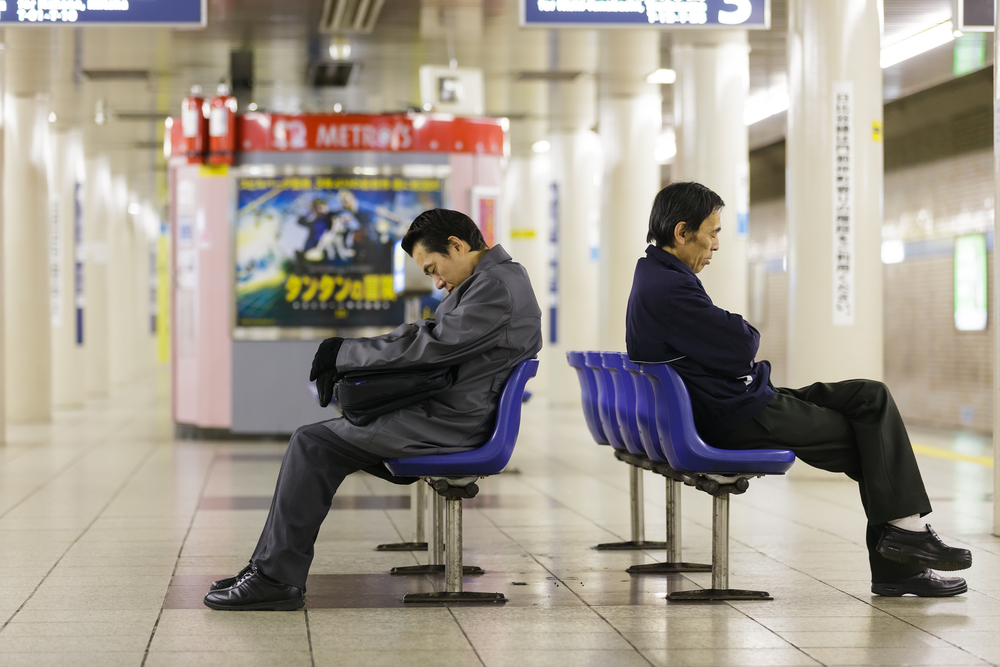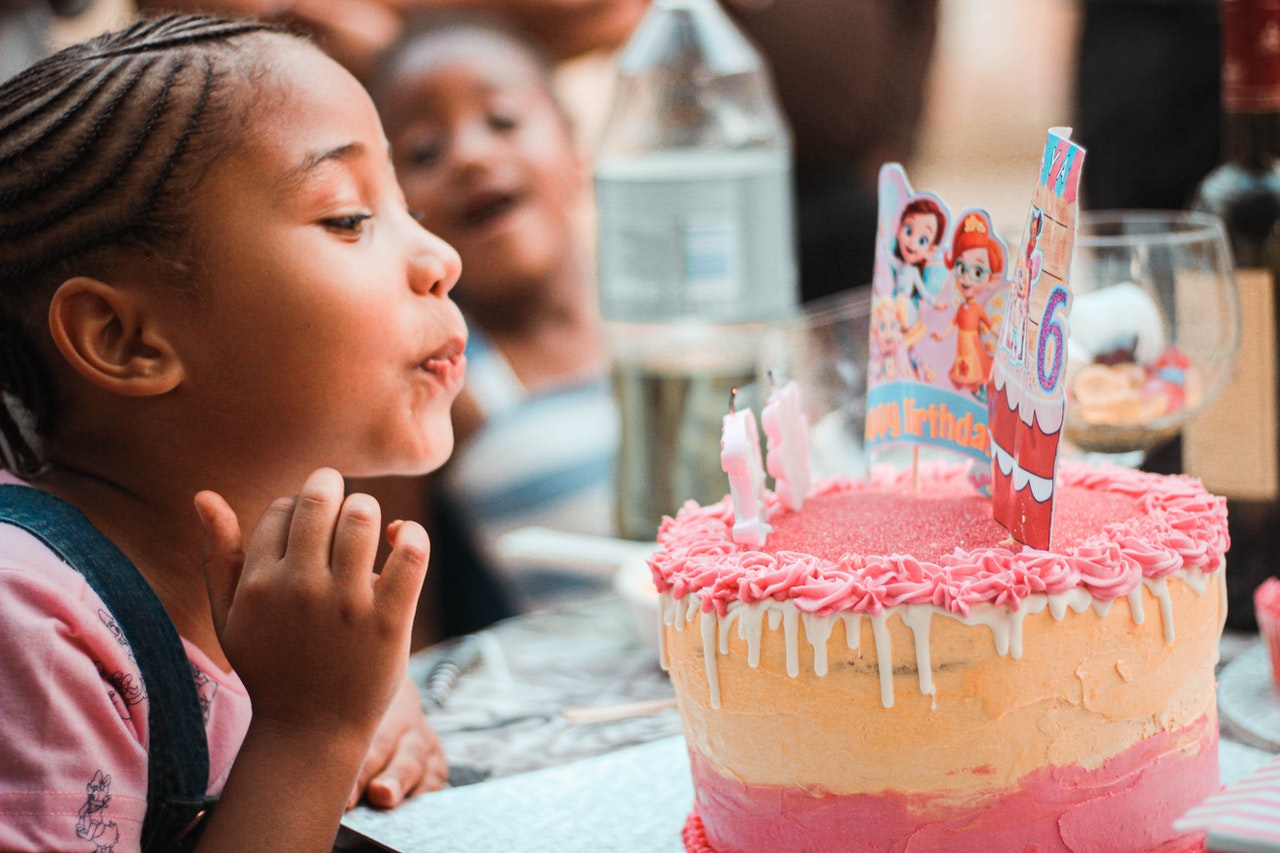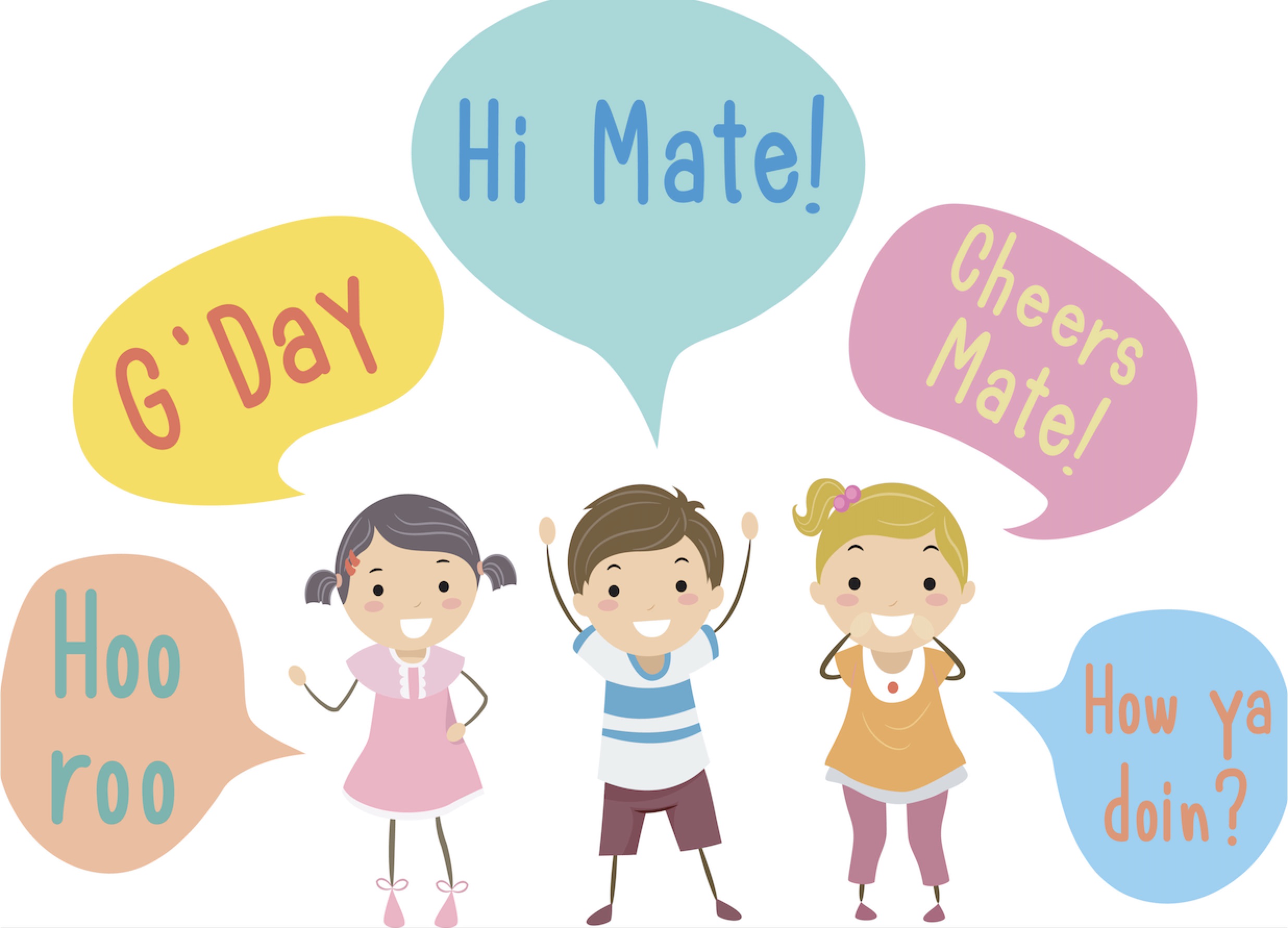Reading Time: < 1 minutes
- 864,000 babies were born in Japan in 2019, while over 1,300,000 deaths were reported.
- With this trend, Japan will have a population of 87 Million by 2060 (against the current 127 Million).
- There are various reasons for this crisis which may result in the country failing to maintain its population.
- Reason 1: Fewer people want to get into relationships.
- A research by government in 2015/16 estimated that close to 40% of men and women between 20-39 are single and not interested in a relationship.
- State-sponsored match-making events are being organised to lure youngsters into relationships.
- Reason 2: Those who are getting married are getting married quite late in life.
- Such cases are very high and government released “women’s handbook” to educate young females on high and low points of fertility.
- Reason 3: The ‘lifelong-employment’ concept has vanished.
- There was a time when once you got a job, it was for life; now over 40% have temporary or part-time jobs and they are not confident they can sustain a family with it.
- Reason 4: Shortage of childcare facilities.
- There are long waiting lists for state-funded daycare facilities and because of lack of childcare facilities, having a baby would mean women compromising their careers, which is not acceptable to many.
- Reason 5: Rising costs of raising a child.
- Japan is 21% more expensive than Australia and 290% more expensive than India; to raise a child from birth to graduation costs around $600,000.
- That this cost is one of the major reasons was proven when a town, Nagisho, improved the birth rate slightly by offering a gift of $2785 to new mothers; but this model is not sustainable.
- The government is considering steps such as increasing privileges for the young at their jobs (and may be reducing it for their older colleagues) but such measures are not easy.






















